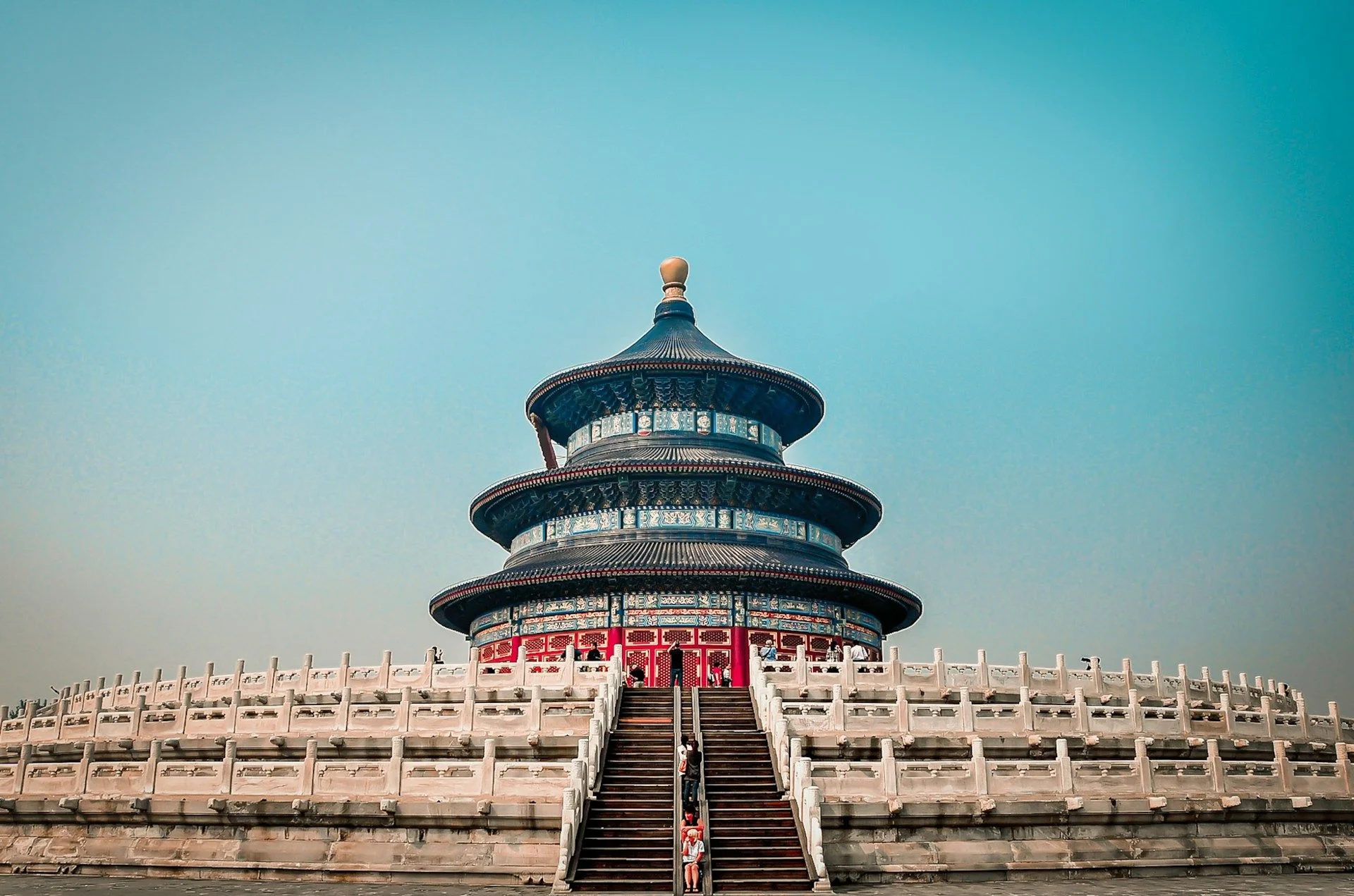Secondary Market Homes in BeijingImperial gates, wide roadsand quiet courtyards

Best offers
in Beijing
Benefits of investment in
China real estate
Global attention on tier-1 cities
Beijing, Shanghai, and Shenzhen remain magnets for innovation, growth, and high-value real estate.
Continuous infrastructure development
Smart city projects and urban upgrades boost long-term value across key zones.
Premium properties with strategic access
Opportunities in business districts offer ownership formats tailored to international investors.
Global attention on tier-1 cities
Beijing, Shanghai, and Shenzhen remain magnets for innovation, growth, and high-value real estate.
Continuous infrastructure development
Smart city projects and urban upgrades boost long-term value across key zones.
Premium properties with strategic access
Opportunities in business districts offer ownership formats tailored to international investors.

Useful articles
and recommendations from experts
Why Secondary Real Estate in Beijing Attracts Global Buyers
Beijing, China’s political and cultural capital, features a vast secondary real estate market prized by international investors—from embassy staff and multinational executives to overseas retirees and education-focused families. Resale apartments in central districts, restored courtyard homes (siheyuan) in historic hutong quarters, and modern high-rises in suburban tech parks trade at 10–20% below comparable new developments yet offer turnkey occupancy, clear title transfers under China’s property‐rights framework, and immediate access to top-tier schools, hospitals, and business centers. With moderate transaction costs, robust rental demand, and strong capital appreciation, secondary real estate in Beijing delivers both lifestyle convenience and solid investment returns.
Prime Districts and Rental Drivers
Chaoyang District, home to diplomatic enclaves and CBD skyscrapers, hosts resale condos in developments like Galaxy SOHO and Fortune Plaza. These fully furnished apartments yield 4–5% gross to corporate transferees and embassy families, supported by proximity to the Central Business District, Sanlitun’s retail and dining, and international schools (Yew Chung, International School of Beijing). Short-stay serviced units see seasonal spikes to 6–7% during trade fairs at the China World Trade Center.
Dongcheng and Xicheng Districts encompass Beijing’s historic core—Tiananmen Square, Forbidden City, and hutong neighborhoods. Restored siheyuan courtyard homes, when available on resale, command premium leases (4–5%) from cultural professionals, academics, and high-net-worth individuals seeking authentic living in areas like Nanluoguxiang and Shichahai. Standard resale walk-up apartments in early-2000s mid-rises average 3–4% yields but maintain near-100% occupancy thanks to central location.
In Haidian District, tech parks around Zhongguancun and university campuses (Tsinghua, Peking University) support resale condos and villa compounds yielding 5–6% to visiting researchers, grad students, and startup teams. Emerging suburbs like Shangdi and Wudaokou offer value-add potential in renovation-ready mid-1990s blocks, where modernizing kitchens and adding smart-home features can boost rents by 15–20%.
Legal, Tax, and Financing Essentials for Non-Resident Investors
Foreign nationals purchasing secondary real estate in Beijing must meet municipal eligibility—residence permit or work visa requirements—before registering titles at the Beijing Real Estate Registration Center. Transaction costs include:
- Deed Tax: 3% of the lower of sale price or assessed value for resale properties.
- Stamp Duty: Nominal (¥100–¥200) on contracts and transfer documents.
- Registration Fees: ¥80–200 per property.
Total closing costs remain under 4% of sale price. Ongoing property taxes are effectively replaced by this one-time deed tax, and monthly maintenance fees average ¥2–3 per square meter.
Key considerations:
- Purchase Quotas: Foreigners are limited to one property in China, with Beijing requiring proof of one-year local residence.
- Financing: Chinese banks (Bank of China, ICBC) offer mortgages to qualifying foreigners up to 70% LTV at rates pegged to the PBOC benchmark (≈4.65–5.65% APR). Many supplement with home-country credit lines to hedge renminbi risk.
- Due Diligence: Engage a Beijing-licensed attorney to verify clear title, review building permits, and confirm homeowners’-association reserves—especially important in gated compounds and heritage redevelopment areas.
Beijing’s transport network underpins resale premiums. With 25+ subway lines and extensive BRT corridors, properties within 300 meters of Line 1, Line 2, or Line 10 stations command 5–7% higher prices. The upgraded Capital Airport Express and forthcoming Daxing Airport link boost demand for resale units near Sanyuanqiao, Beijing West Railway Station, and suburban hubs like Lize Financial Business District.
Tenant demand spans diplomat families leasing villas in Shunyi, expatriate executives in CBD serviced apartments, and students in Wudaokou and Haidian resale flats. Short-stay business travelers visiting Finance Street and Zhongguancun further support occupancy in serviced-condo resales. Professional property managers handle leasing, maintenance, and financial reporting, enabling overseas owners to maintain largely passive income streams.
Emerging micro-niches include converting older laneway properties in Nanluoguxiang into boutique guesthouses for cultural tourists, commanding nightly yields of 8–10%, and targeting resale units around Chinese Academy of Sciences research parks for co-living accommodations priced at premium rents. By aligning acquisitions with transit expansions, navigating Beijing’s property regulations, and leveraging the city’s diverse tenant demand, international investors can secure both lifestyle prestige and robust returns in China’s storied capital.
